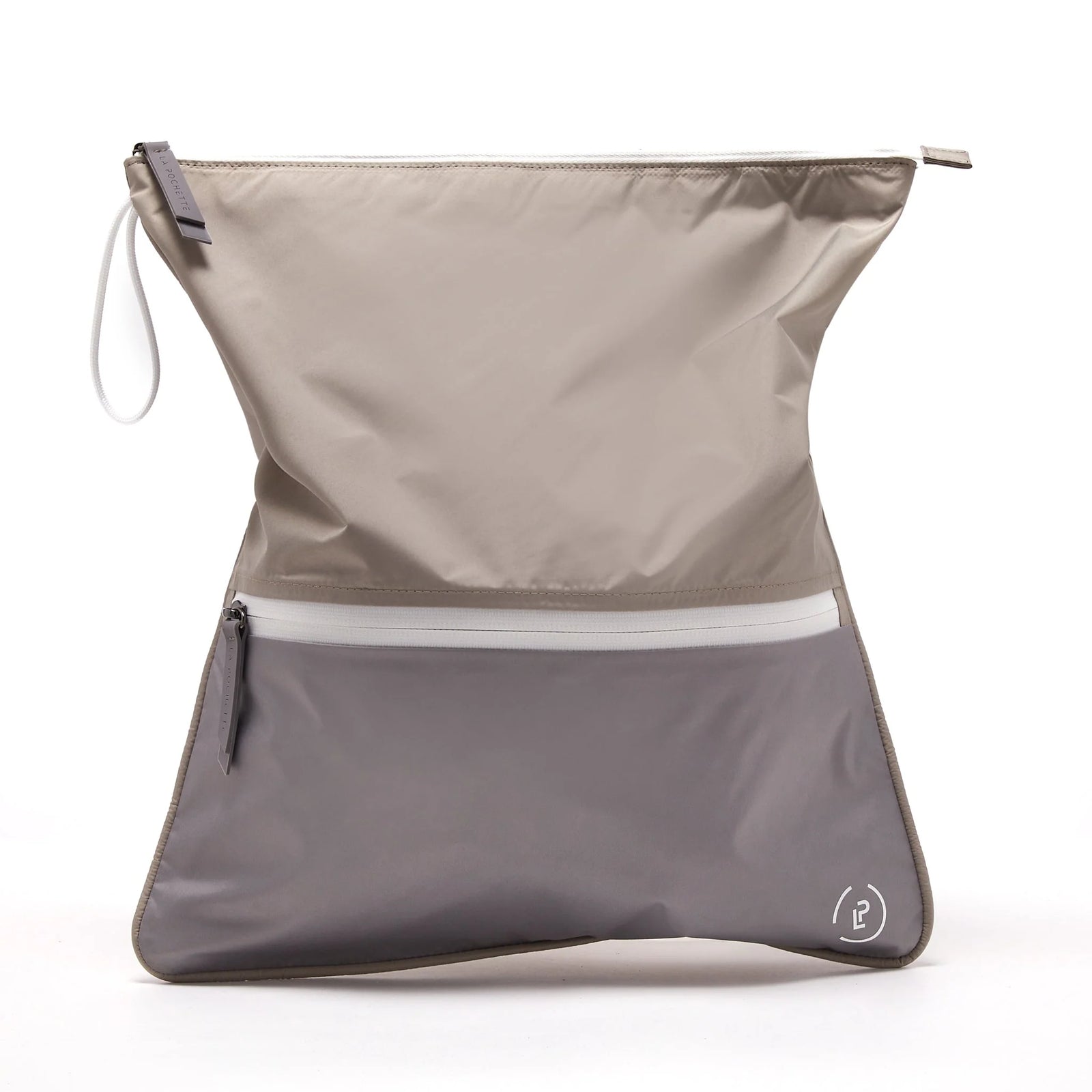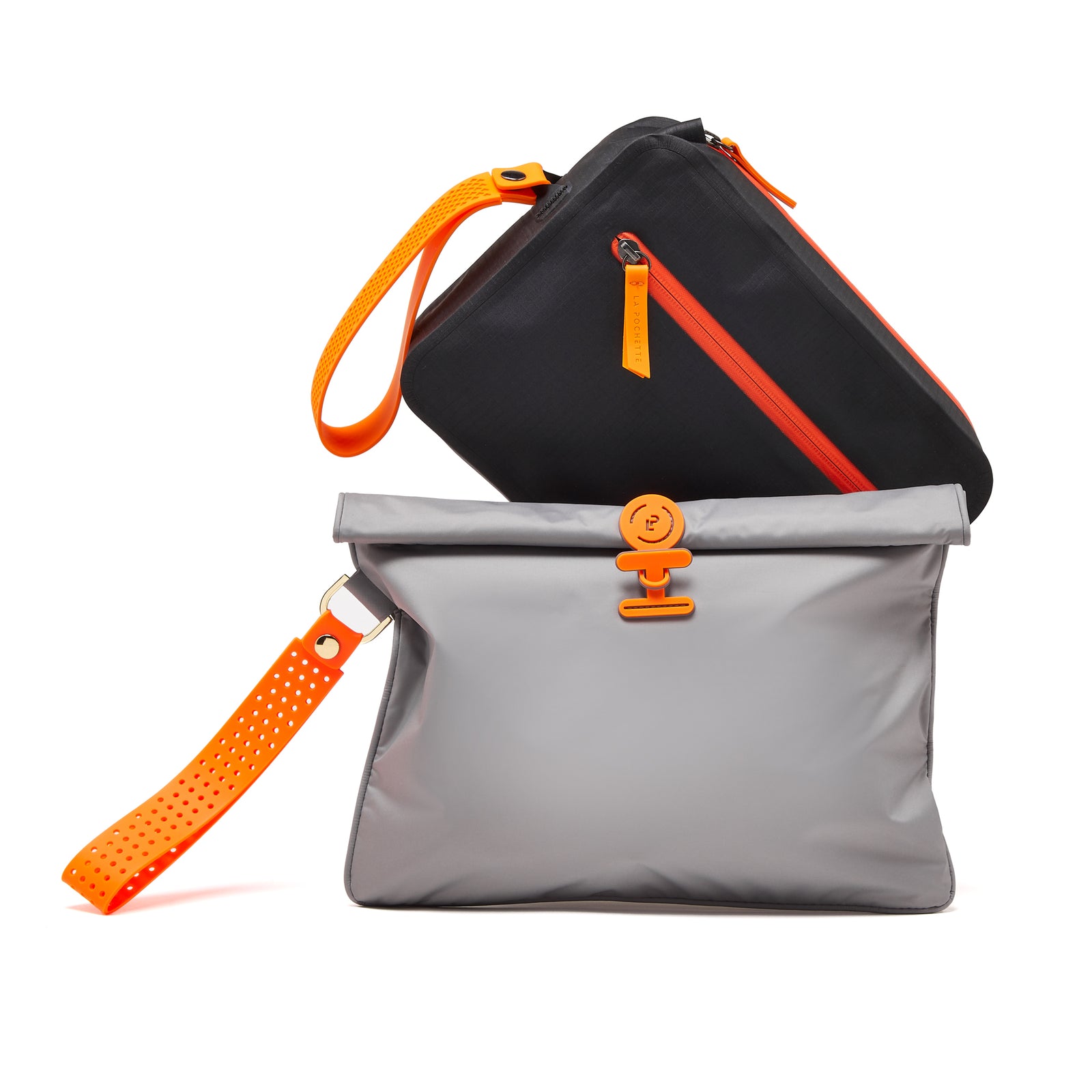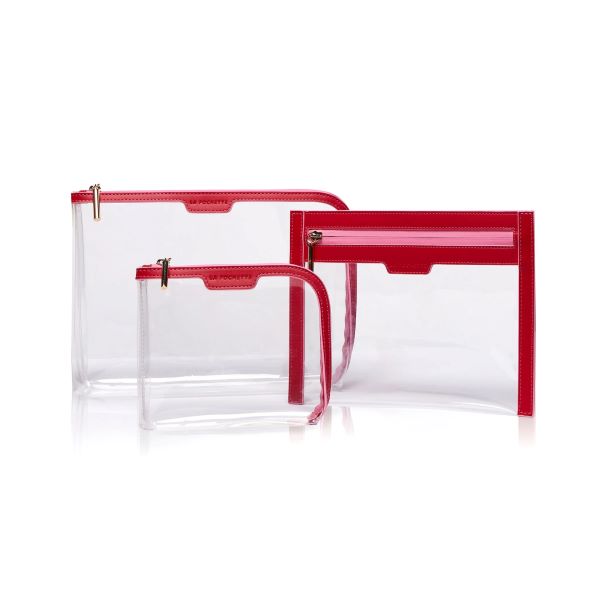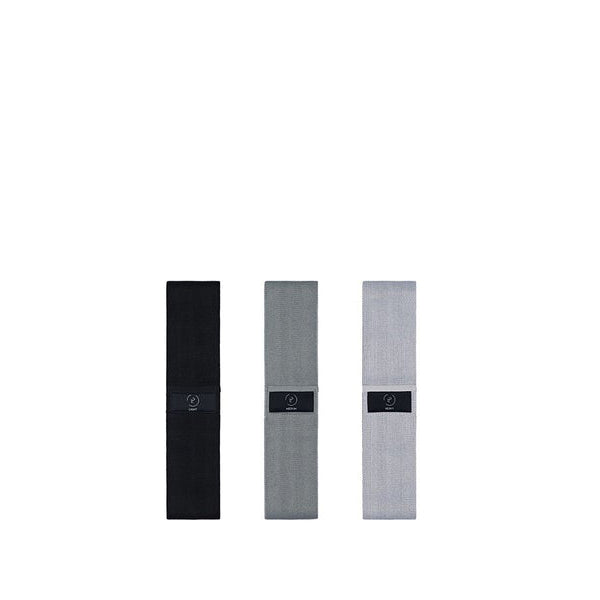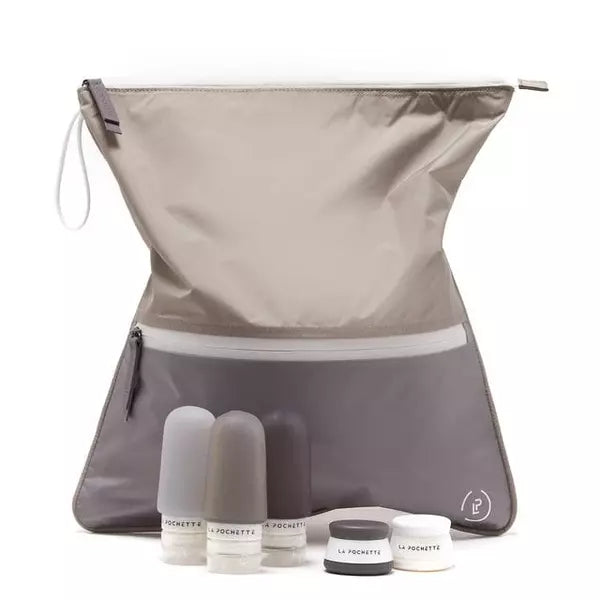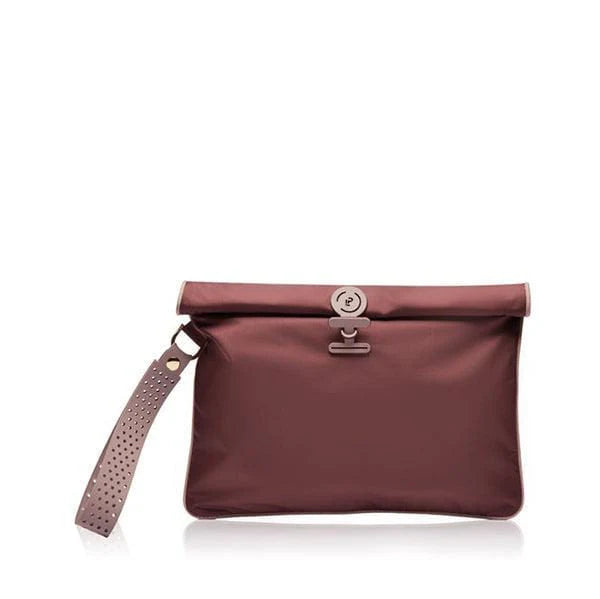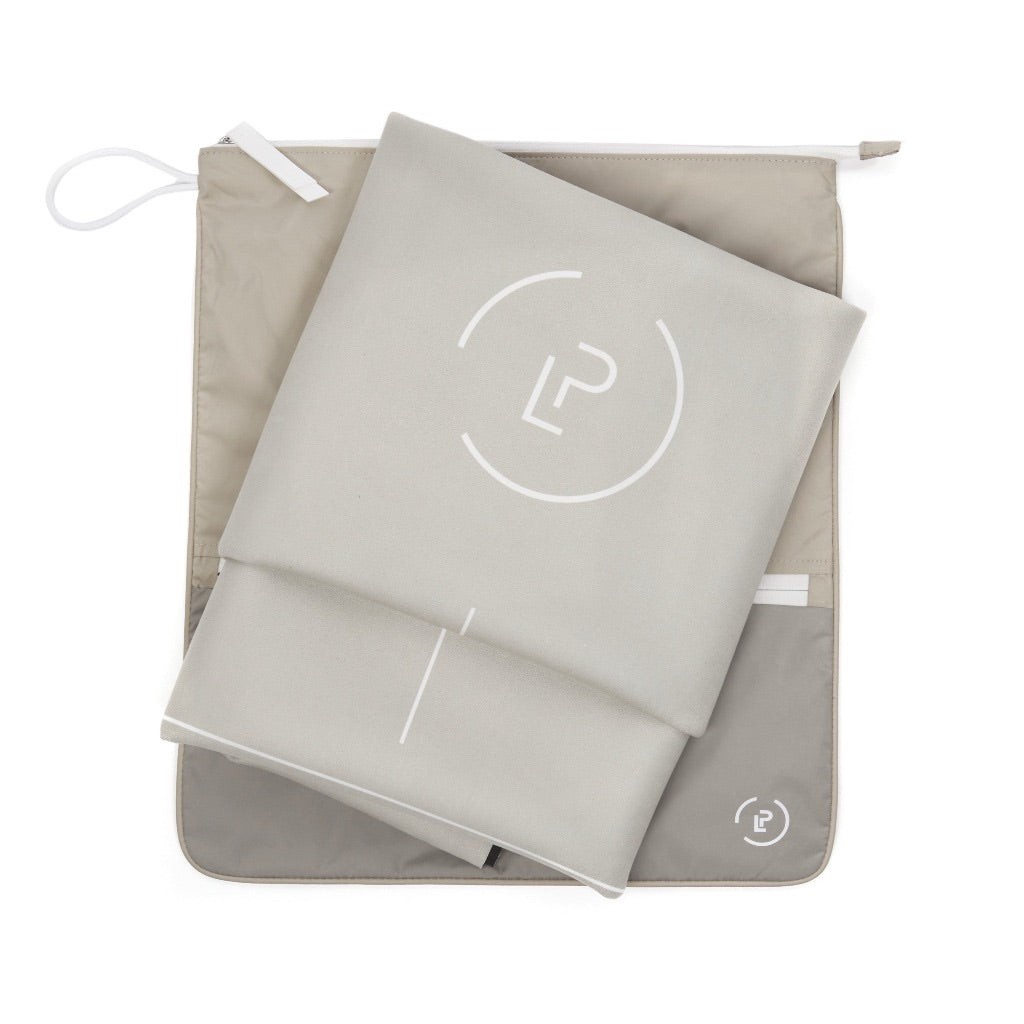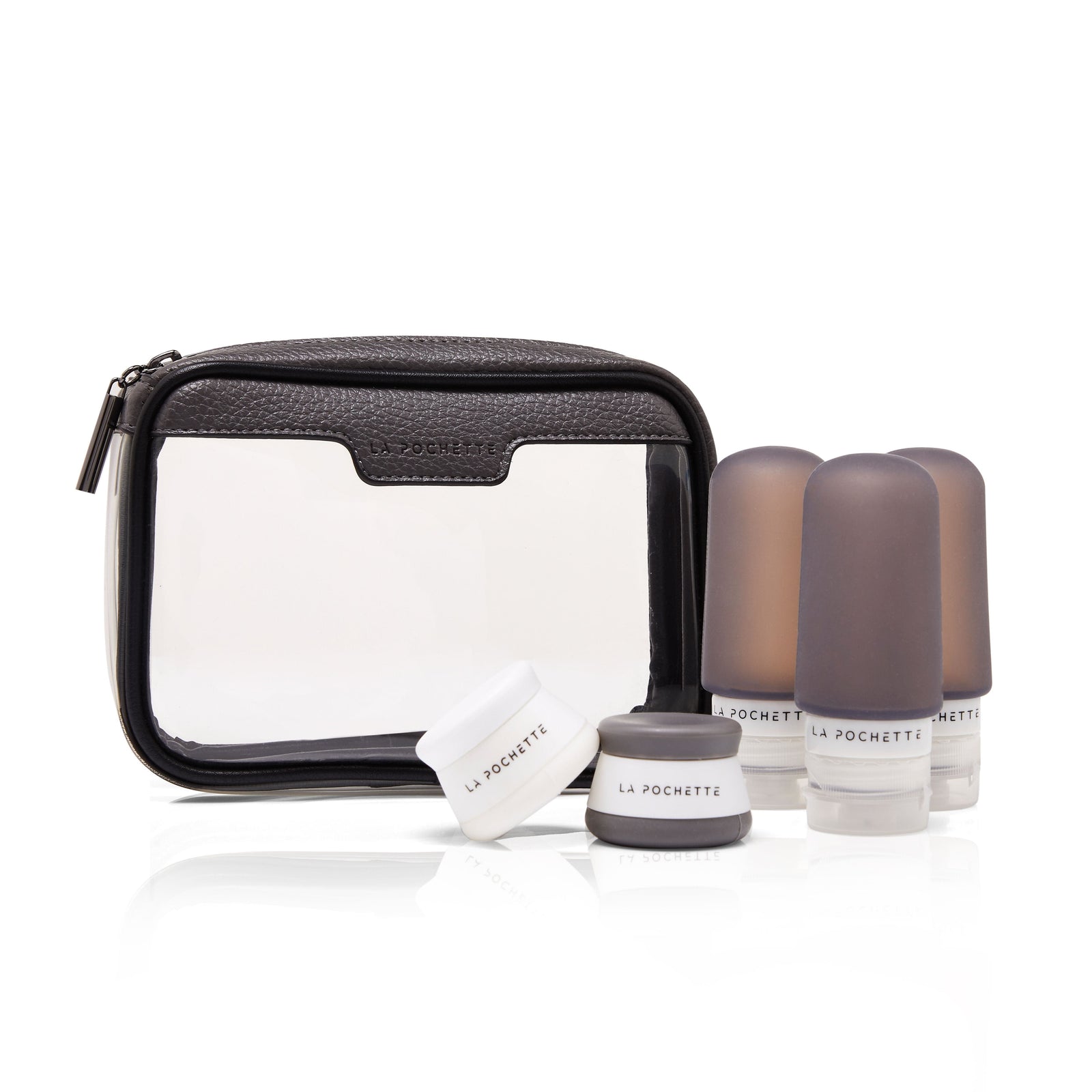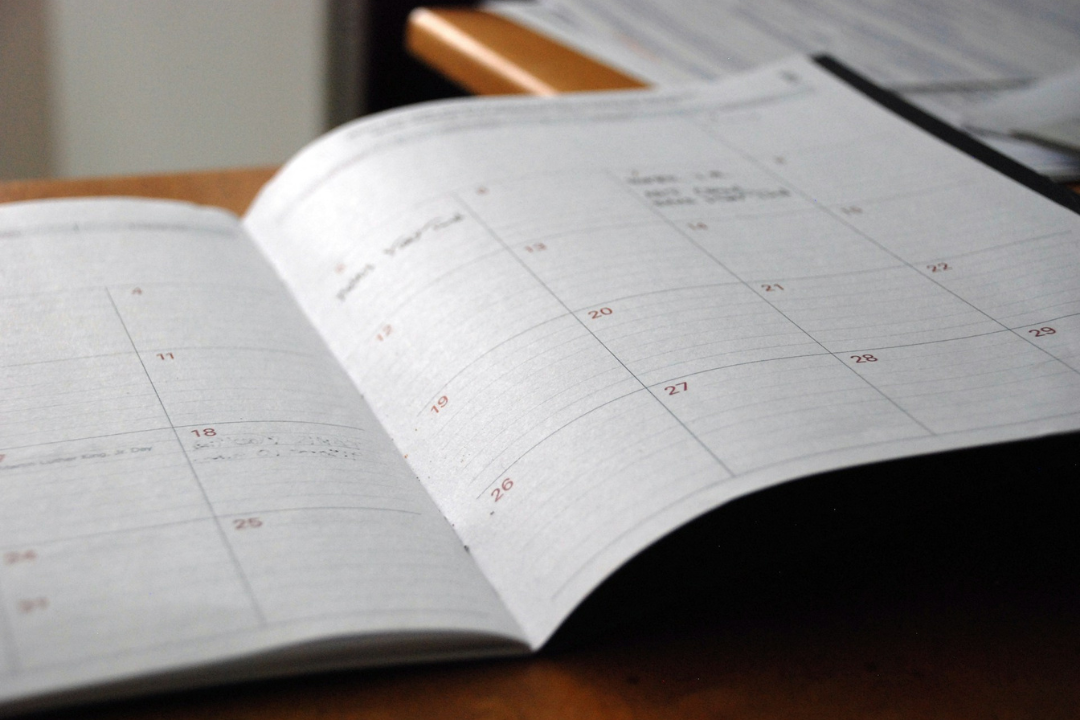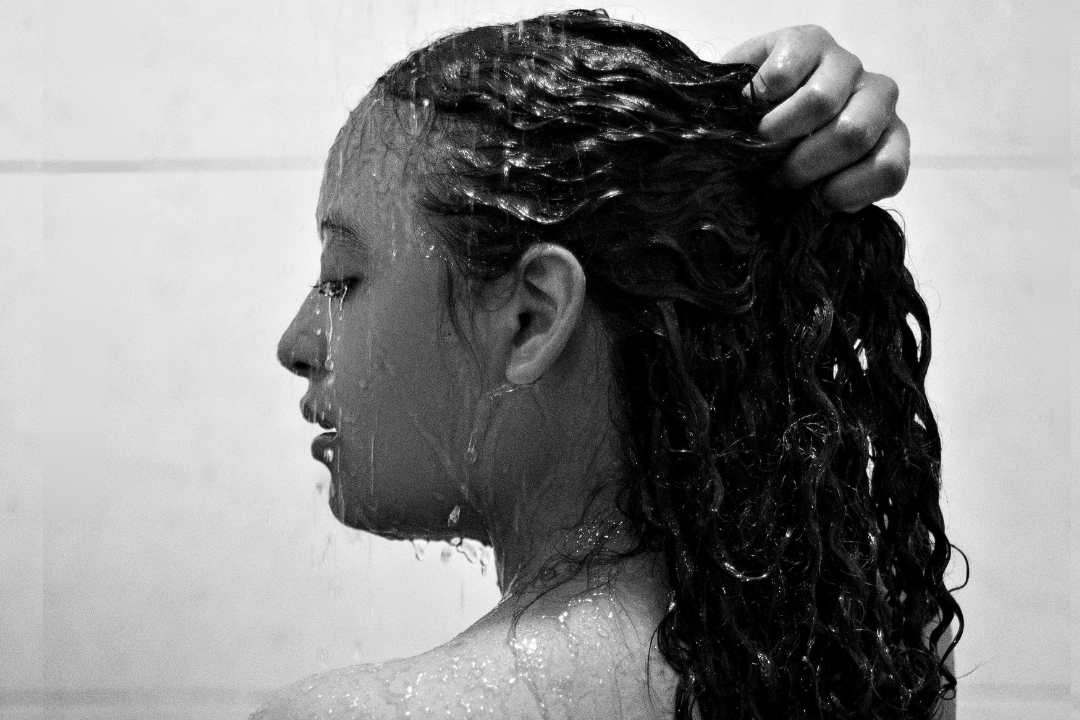London-based personal trainer, England Touch Rugby athlete and L3 Fascial Stretch Specialist Niki Bird tells the Journal about her personal nutritional programme which supports her performance at International level and her top tips for training diet.
What does your typical daily diet look like during training?
Disclaimer! I've suffered from a lot of gut problems over the years so it's taken me quite a while to perfect what sits right for me and what is going to fuel me properly for performance. Every body is different, so that includes what our nutritional needs may be. Try and test out what works best for you (your body and how it reacts to certain foods is direct feedback) or get expert advice from a qualified dietician/nutritional consultant. I've had some fantastic advice over the years from superstars Nicola Marsh and more recently Pheobe Liebling. An example of a training day food diary:
- Pre-Breakfast: large glass of water, supplements (Omega3 fish oils, Vitamin D, Vitamin C, Glucosamine). I have these everyday regardless.
- Breakfast: Oats with nut/coconut milk, blueberries, honey & a coffee.
- Lunch: Sweet potatoes, grilled/steamed chicken, carrots, rocket & avocado. Olive oil/salt/pepper.
- Dinner: Grilled fish, rice, asparagus, rocket. Olive oil/lemon/salt/pepper.
- Snacks between meals: Rice cakes with peanut butter, blueberries. Energy bars like @fitbitesuk @squirrelsisters or @the_tribe_way. Homemade granola/energy bars. Fruit, nuts, or yogurts like @coyo_uk or @nushfoods.
- Post-workout: Protein shake with coconut water, almond/rice milk, a greens powder & collagen.
- I will usually always have eaten at least 2 hours before training. I don't like training on a full stomach! And of course hydrate lots through the day.
Top Tips for staying properly hydrated?
- Such a simple thing to do, but I have a (re-usable) water bottle and have calculated how much water I need a day (both as a standard amount and also the amount I would need if exercising). It helps me keep track of how much I'm drinking.
- I stay away from sweetend/fizzy drinks.
- Limit the amount of caffeine I have daily
- Add electrolytes when I have heavy training or competition days where I am drinking more water than usual.
Have you come across any misconceptions or myths around training diets?
Protein shakes make you fat is a common one I hear constantly! Like with all food & drink, yes they of contain calories and if consumed in excess they can of course contribute to weight gain. But if a good quality protein shake is consumed after training (without all the extra trimmings that some places like to add) then they are a great thing to have to help contribute to muscle growth, repair damaged muscles and speed up recovery from your sessions. I personally like the pea protein powder from @TheWorkshopGymnasium or the peanut protein from @MotionNutrition.
What’s your go to trusted snack for an energy boost?
I love making my own energy bars to be honest! I know exactly what's in them and there are minimal ingredients. BUT for ease, definitely my tried and tested favourites from fitbites, squirell sisters & the tribe way.
For those who are just starting a new sport or challenge what small changes can they make?
People get so caught up in what to eat (which of course is hugely important) but they often forget to properly hydrate. It's a small thing, but like I mentioned earlier, buy yourself a re-usable bottle and figure out how much you should be having daily. Stats show that a loss of sweat equal to just 2% of your bodyweight, can cause noticeable decrease of physical and mental performance.
Personal Training appointments with Niki can be booked via The Workshop Gymnasium or privately via nikibirdpt@gmail.com
Follow Niki @itsnikibird
Read on:
Isa Welly shares her 4 tips to support your immune system. - lapochette.co
Just add water… - lapochette.co
Cultivating inner health with Kombucha - lapochette.co
